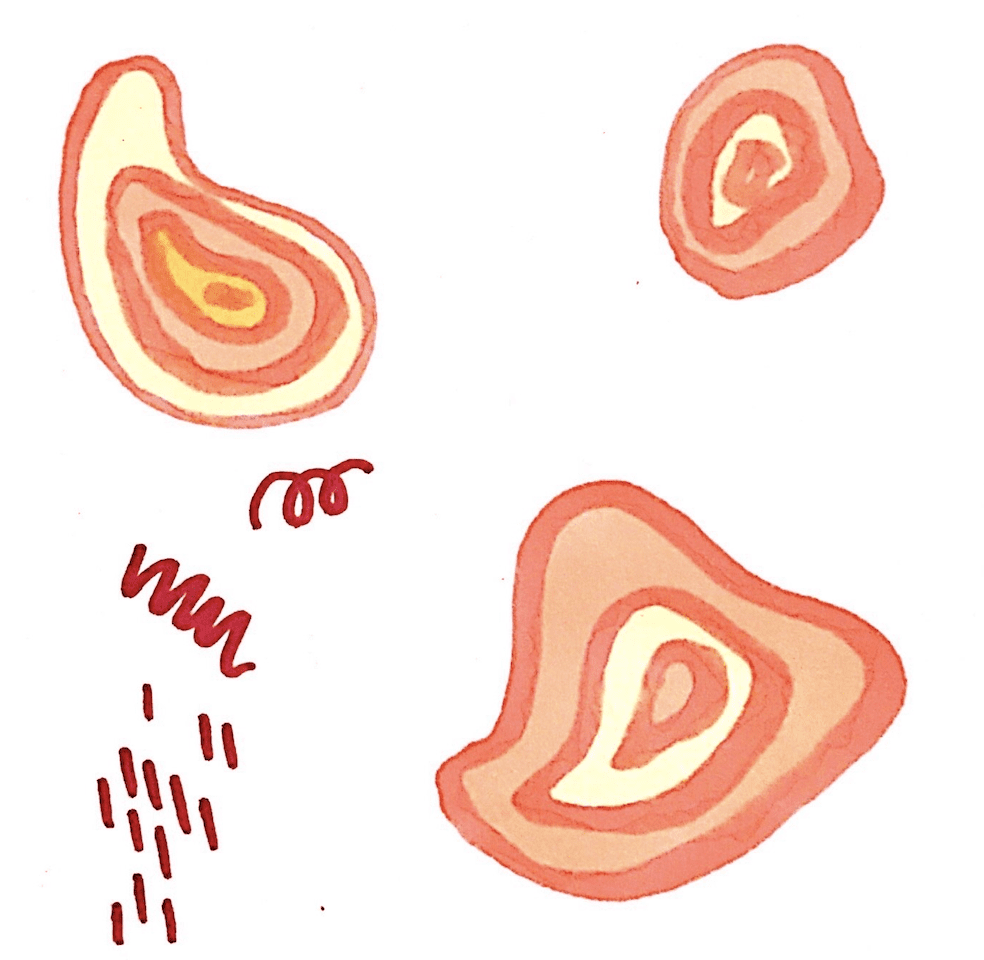In Australia, conceptions of ‘promiscuity’ can be boiled down to the following formula:
Multiple occasions (Night out + alcohol + incessant flirting + sex) = promiscuity
Promiscuity is understood with a negative connotation. People are deemed promiscuous if they are getting laid too often, too easily. The concern lies within the belief that sex should ideally be with someone you love and has a connection with. The implication is that having too much transactional sex makes you incapable of maintaining morally healthy sexual relations. My personal understanding of promiscuity is limited to and based on observing (at times partaking in) behaviour from my peers running around civic on Thursday nights, alongside Friday gossip sessions about the debauchery from the night before.
I had always assumed that promiscuity as a concept would be consistent in other cultures, but I did not realise how myopic such a view was until I read about Cuba’s erotic economy in Noelle Stout’s ethnography — After Love. The pingueros in Stout’s ethnography casts doubt on the existence of a ‘universal’ form of promiscuity. Pingueros are straight, homophobic male sex workers in Cuba who have sex with gay men in exchange for money, clothing and accommodation. They can make up to $1200 a month in a country where $60 is considered a well-paid monthly wage. In Cuba, pingueros are viewed as ‘strategic’ workers in Cuba’s emerging market economy and are not subject to the shame of being viewed as ‘promiscuous’.
Their experiences demonstrate that promiscuity is shaped by a myriad of factors — contextual, temporal and cultural. Pingueros as a phenomenon can be traced to the mass economic restructuring in Cuba, where Soviet-style communism was being phased out in favour of a market economy. This transition was accompanied by growing material inequality and opportunities for the hard-working individual. Working in the sex trade in Cuba is not considered scandalous in the same way sex work is scandalised in Western countries. In Australia, sex work is stigmatised because people are uncomfortable with the idea of commodifying sexual relations, with sex workers facing systemic discrimination as a result. In Cuba, having copious amounts of casual ‘sex’ is uncontroversial, rather it is the ‘work’ that is scandalised, as having sex with someone for money undermines the socialist values of hard work and labour.
Here, we see a cross-cultural disparity in our understandings of promiscuity, where economic structures play an integral role to our understanding of intimate relations. In pre- Soviet Cuba, straight men would have sex with gay men for pleasure, embodying notions of tenderness and empathy that characterised relationships during socialism. However, in post- Soviet Cuba this undertone of ‘brotherhood’ diminished; it is replaced with pingueros with ‘empty hearts’ having sex with gay men for quick cash. The pingueros are not ‘empty’ because they have lost their dignity through sex, but because they lack the work ethic of ‘hard labour’ glorified in the socialist days.
Despite pinguero symbolising an erosion of socialist values, it is also an opportunity for them to negotiate their position, and subsequently the definition of promiscuity within an emergent market economy. For example, Ruso, a pinguero distinguishes between charging a fair rate, echoing the socialist sentiment of hard work, rather than ripping people off as a legitimate form of labour, which is viewed as giving in to greedy capitalist tendencies.
Thus, it is societal values that give contour to the notion of ‘promiscuity’, rather than individual self- interest. ‘Promiscuity’ is a culturally contested and constructed notion subject to negotiation by its members. So next time we judge someone as promiscuous, just pause and reflect on how much capitalism has conditioned us to value modesty, and be complicit in perpetuating stigma around sex workers as a unintended consequence.
We acknowledge the Ngunnawal and Ngambri people, who are the Traditional Custodians of the land on which Woroni, Woroni Radio and Woroni TV are created, edited, published, printed and distributed. We pay our respects to Elders past and present. We acknowledge that the name Woroni was taken from the Wadi Wadi Nation without permission, and we are striving to do better for future reconciliation.
